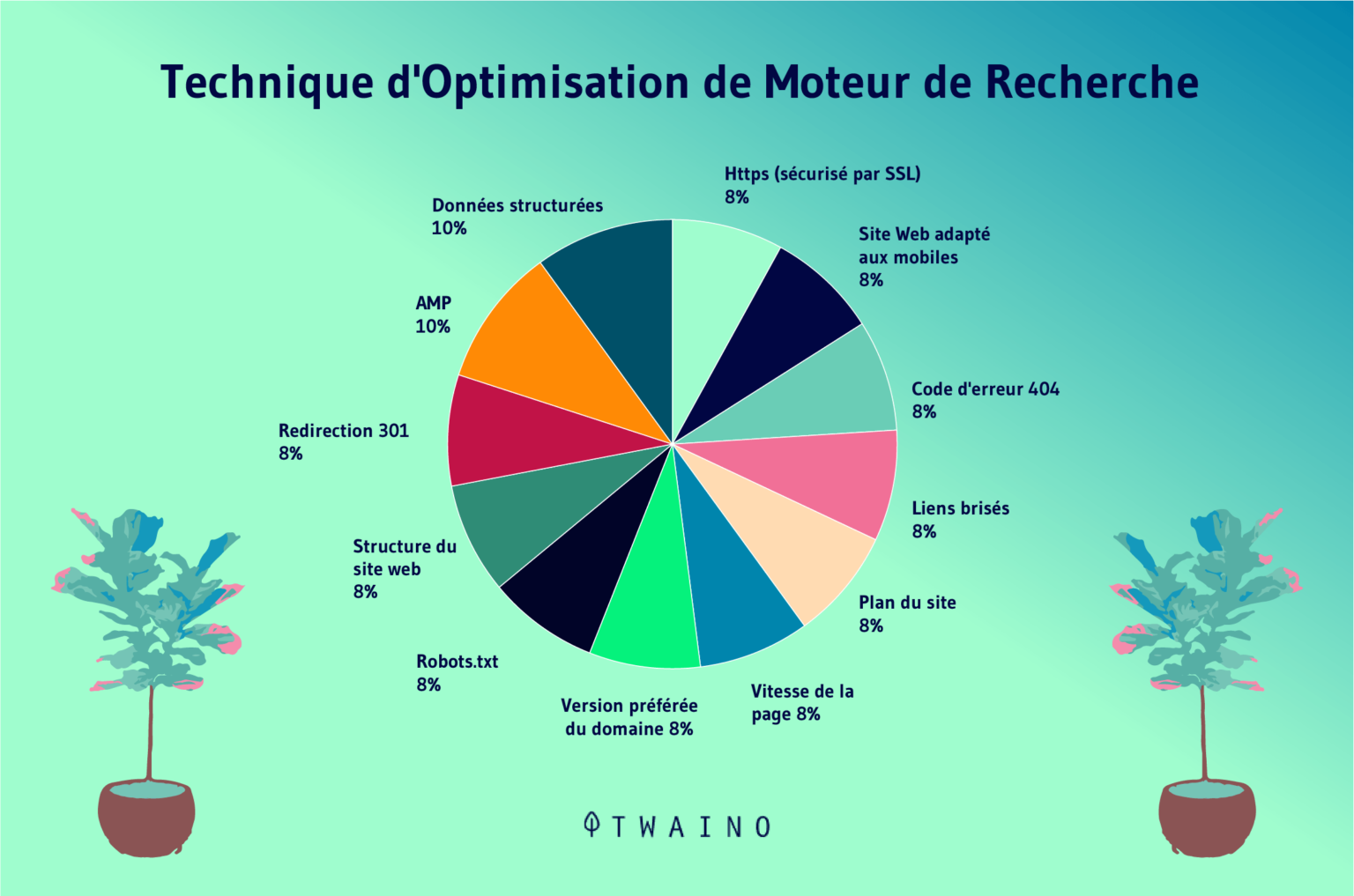In a digital landscape characterized by ongoing changes to search engine algorithms, one concern constantly comes to the fore: the importance of technical SEO.
In a recent assertion by Google’s John Mueller, a leading figure in the SEO community, technical SEO is here to stay.
This article examines the reasons behind Mueller’s assertion and explores the key aspects of technical SEO that website owners and businesses should prioritize.
John Mueller’s take on a debate about the importance of technical SEO
John Mueller is a webmaster trends analyst at Google. He regularly engages with the SEO community via webinars, blog posts and social networks.
Through an X post, he reacted to the words of a certain Yiğit Konur , who supported the idea of a “continued decline in the importance of technical SEO”.
Technical SEO is not going away, it continues to be the foundation of everything built on the open web.
– E-e-eat more user-agents (@JohnMu) August 31, 2023
Konur insisted that many misconceptions surround this field, sometimes making it excessively complex. He also argued that, barring major technical problems, the focus should be on creating and optimizing high-quality content.
This discussion was prompted by a short video on website redirects published by the Google Search Central account.
The video was the subject of a wider conversation within the SEO community, which intensified after Google’s recent update of its ranking factors documentation.
The context of technical SEO within Google’s ranking systems
Last April, Google updated its ranking system documentation. This change took into account the removal of technical SEO factors such as HTTPS and Core Web Vitals. Despite this change, Google has made it clear that these elements remain of paramount importance.

Danny Sullivan, head of Google search, said in a tweet:
“This doesn’t mean that the page experience is somehow “retired” or that people should ignore elements such as Core Web Vitals or mobile adaptation. On the contrary, it indicates that if you want to succeed with Google’s core search ranking systems, you need to consider these and other aspects of page experience.
Our guidance on page experience is here, as we shared last week along with our blog post:https://t.co/My7bdcBhwS
– Google SearchLiaison (@searchliaison) April 28, 2023
It does *not* say page experience is somehow "retired" or that people should ignore things like Core Web Vitals or being mobile-friendly. The opposite. It says if… pic.twitter.com/KkjRklCmnH
Sullivan also explained the difference between “systems” and “signals” ranking. He indicates that the update has resulted in the movement of certain elements of the page experience from the “systems” category to the “signals” category .
The long-term relevance of technical SEO

While SEO is a multi-faceted discipline involving content creation, link building and user engagement, the technical underpinnings shouldn’t be overlooked.
Here are four more reasons why this branch of SEO is so important:
1. It’s the foundation of SEO success
Technical SEO is the foundation of all your other SEO efforts. Without it, your content may be top-notch, but it won’t reach its full potential. While content is king, technical SEO is the throne on which it rests.
2. Search engines love it
Technical SEO makes it easy for search engine spiders to crawl, index and rank your website.

By making it easy for search engines to navigate your site, they’ll keep coming back for more.
3. User experience is important
With the right application of technical SEO, your site will load quickly, adapt to all devices and deliver an outstanding overall user experience.
Remember, user experience is the heart and soul of a website. If it’s not up to scratch, users will soon bounce.
4. It’s an ongoing process
Just like tending a garden, technical SEO requires ongoing care and attention. As technology evolves, so will technical SEO best practice.
In a nutshell
Simply put, Google’s John Mueller’s recent statement reminds us that technical SEO isn’t going away. It’s integral to search engine rankings, user experience and overall online success.
Neglecting this part of SEO can lead to poor indexing, poor loading times and a frustrating user experience, all of which can damage your search rankings and organic traffic.

